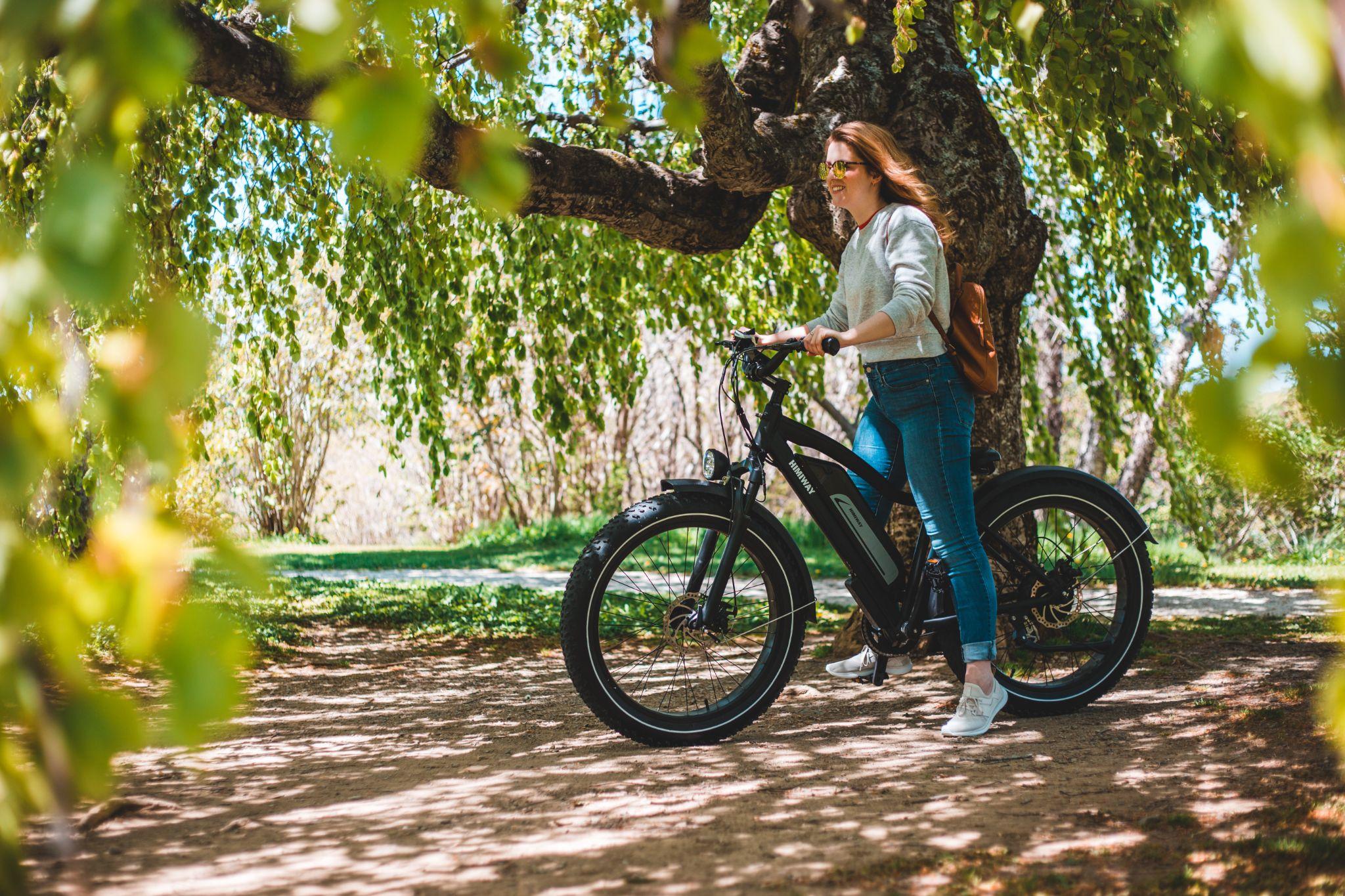Sustainability: Fad or the future of tourism?

Written for TravelMole by Rachel McCaffery, MD of sustainable tourism specialists Green Case
Sustainability has to be frontrunner for the buzzword of 2022, doesn’t it?
Ok, I live in Brighton with its vegan shoe shops and ethical supermarkets, so my experience may not be entirely typical. But on the high street, online, and even in travel, a game of eco-buzzword bingo yields fruitful results, with ‘organic’, ‘biodegradable’ and ‘planet friendly’ claims trumpeted at every turn.
The word sustainability is used so often now that it’s almost become meaningless. Certainly more travel companies than ever before are keen to get their carbon footprint measured and tell customers about all the great community projects they support in far flung holiday destinations.
To those of us who have been in the travel industry for a while, this might all seem a little familiar. When (former US Vice President) Al Gore released his climate change expose ‘An Inconvenient Truth’ in 2006 there was a sudden rush to be seen to be doing the right thing.
For a few years many of Europe’s most prominent tour operators and airlines invested heavily in developing sustainability teams to implement a programme of social and environmental good deeds.
Much of this sadly screeched to a halt just a few short years later when the credit crunch and subsequent economic slowdown led to redundancies across the industry. At that time only a handful of super committed, forward thinking travel companies kept sustainability investment at the same level.
Budget airlines and OTAs made cheap holidays increasingly easy, and (at least initially) didn’t have to concern themselves with bothersome red tape or worry about brand reputation, leaving traditional travel companies fighting for survival.
What changed over the same period was the speed at which information could be shared. This meant the inconvenient truths previously glossed over in shiny brochures were suddenly exposed and distributed through social media for all to see – and it changed everything.
Just look at animal welfare. In the ‘olden days’ i.e. before about 2010, if you weren’t happy with the conditions at a zoo or marine park a travel company had sold you, the most you could do was raise it with their rep, or if you were really committed, write a letter to customer services. All complaints were dealt with individually, so kind of easier to palm off.
Once people started social media sharing, creating digital campaigns and generating online petitions with hundreds of thousands of signatures, it was a different story – and the number of tour operators and airlines with strong policies on animal welfare is testament.
Wider sustainability concerns have followed a similar pattern and voices like Greta Thunberg’s and David Attenborough’s together with the rise of movements like ‘Flight Shame’ in Scandinavia and of course tourism itself Declaring A Climate Emergency, have moved the dial.
This has led to a gradual ramping up of investment across the industry, with budget airlines and global OTAs also now getting stuck into sustainability. What’s really notable though, is that this time round despite the massive financial shock of the pandemic, sustainability teams have largely survived intact. With post pandemic losses to recover and the cost of living crisis adding further pressure, why are travel companies finally viewing sustainability as a core function?
Painful as it was, the complete halt brought about by the pandemic forced us to stop and think. Our fragility as a species and our connection to the natural world was laid bare like never before. This, and the increasingly desperate predictions of climate disaster from scientists, has caused many to wake up to the urgent need for change – not just in travel but right across the board.
In 2017 Ikea told us we’d hit ‘peak stuff’ and the huge growth in popularity of ‘experiences over things’ complements the Covid-related awakening. This is borne out by Booking.com’s latest Sustainable Travel Report (a global survey of 31,000 consumers) which found 71% wanting to travel more sustainably (10% up on the previous year) and 50% stating that recent news on climate change has encouraged them to make more sustainable travel choices.
Euromonitor’s Voice of The Industry Sustainability Survey from July 2020 reports 76% of consumers being more concerned about sustainability after the start of the coronavirus pandemic.
What does this look like when it comes to booking behaviour? It’s actually easiest to forget about sustainability altogether here, and just think about how a more people and planet friendly holiday might look. A relaxing trip by train rather than queuing at an airport… tick. Accommodation away from the crowds in a stunning natural setting…tick. Enjoying local specialities in a friendly family owned restaurant…tick.
These are all things that increasing numbers of people like to experience when they go away – knowing that it is also a more sustainable option is an added bonus. According to Booking.com, 66% of consumers want to have experiences that are representative of the local culture, 79% want to use more environmentally friendly modes of transport such as walking, cycling or public transport over taxis or rental cars, and 81% want to stay in sustainable accommodation (this last figure has increased every year since 2016, when Booking first started their research).
But is it just a fad? Well, given that companies now have to be more transparent about travel’s less positive side and the public increasingly say they want more sustainable holidays, my money says not.
Though I think the real game changer is the arrival of a new generation of senior management in the industry, who not only appreciate the need for change, but have a personal commitment to doing things differently.
Rachel McCaffery, MD of sustainable tourism specialists Green Case (greencaseconsulting.com) has worked on sustainability in travel for companies, destinations, and international organisations including the United Nations and the European Commission.
Have your say Cancel reply
Subscribe/Login to Travel Mole Newsletter
Travel Mole Newsletter is a subscriber only travel trade news publication. If you are receiving this message, simply enter your email address to sign in or register if you are not. In order to display the B2B travel content that meets your business needs, we need to know who are and what are your business needs. ITR is free to our subscribers.








































Airlines suspend Madagascar services following unrest and army revolt
Airbnb eyes a loyalty program but details remain under wraps
Qatar Airways offers flexible payment options for European travellers
Air Mauritius reduces frequencies to Europe and Asia for the holiday season
Major rail disruptions around and in Berlin until early 2026